Noone ever talks about the vagina. Can you tell me your views on vaginal health. Is there anything women need to know about how to keep their vagina clean and healthy? Thanks!
Susun Weed’s response:
The vagina is a muscular, mucus-lined passage that connects a woman’s outer genitals with her uterus. When we speak of sexual penetration, it is the vagina—not the cervix, the part of the uterus which projects into the vagina, or the uterus itself—that is penetrated. During sexual arousal, the vagina lengthens, opens, and raises a sensitive bump called the G spot.
For thousands of years, men have perpetuated the belief that the vagina is an inert, hollow receptacle which can be penetrated and filled at their will and whim. But tens of thousands of years ago, when women told the stories, the vagina was honored. (And a universe of thanks to Eve Ensler for The Vagina Monologues which has, at least, made it acceptable to say the word “vagina.”)
This vagina, it goes without need of saying one would wish, is alive and sensitive. It is responsive and inherently capable of letting its wishes and desires be known. The vagina, and its health or lack thereof, is deeply connected to a woman’s sense of safety.
Modern women are trained to view their vaginas as dirty and smelly. That’s another misconception. A healthy vagina has a pleasant odor, a slightly sour taste, and is naturally “self-cleaning.” A healthy vagina secretes clear or milky fluids which protect the delicate vaginal tissues. These fluids are heavier and more slippery during ovulation.
The vagina contains health-promoting micro-organisms, as well as microbes that can overgrow and cause symptoms. In the healthy vagina, glucose exuded from the blood serum is eaten by vaginal flora and metabolized into lactic acid. This acidifies the vagina, promoting healthy flora and depressing the disrupters. If there is too much glucose or too few flora, the acidity of the vagina is compromised and infection—from inherent organisms or transmitted organisms—is likely. For health, wash your vaginal area only with plain water, or very dilute vinegar, not soap, which is alkaline.
Antibiotics and antibacterial agents including antibacterial soaps and essential oils kill protective vaginal micro-organisms. Taking antibiotics doubles the risk of developing a vaginal infection.
Celibacy, lesbianism, and double monogamy are life-style choices that cut down on the number of infectious organisms introduced into the vagina. But nuns, lesbians, and monogamous women can still get vaginal infections.
Vaginal Problems
There are at least thirty different bacteria, fungi, and parasites that can cause infections in the vagina. Some live naturally in the vagina, some are introduced through intimate contact, some can be acquired without sexual contact, as well. Many vaginal infections cause discharges, itching, and inflammation. But several are virtually symptomless and can progress to pelvic inflammatory disease (PID), which leaves half of infected women sterile.
The vaginal tissues are sensitive to estrogen and stress hormones. When the estrogen mix changes at puberty, menopause, during pregnancy, and throughout the menstrual cycle, the vagina responds, sometimes with pain, dryness, and eventually, infections.
If the vaginal environment becomes alkaline, or if the tissues receive too much sugar, or if antibiotics kill beneficial flora, then a variety of micro-organisms which live in the vagina, such candida and gardnerella, overgrow and cause an infection. These innate infections make it much easier for other sexually transmitted diseases (STDs)—including gonorrhea, syphilis, trich, and herpes—to take hold. Frequently, several organisms overgrow together, causing multiple concurrent infections. In a European study, thirty percent of the women diagnosed with trich also had a gonorrhea infection.
Things that alkalinize the vagina are listed below, along with remedies to help re-acidify. Vaginal infections generally cause irritation and burning of the vulva as well as the vagina—in some cases, the thighs too. The severe alkalinity and highly increased volume of the vaginal fluids produced during an infection can burn the tissues, like when your nose runs during a cold and leaves the area under it raw and red.
Less common, but more dangerous, is vaginal cancer, of special concern to DES daughters. And a few women will have vaginal ulcers or Bartholin gland cysts, painful blockages at the entrance to the vagina.
These can make the vagina more alkaline and more susceptible to infections
- Birth control pills
- Menopausal and postmenopausal hormone therapy
- Hormonal changes preceding menstruation
- Menstrual fluids
- Pregnancy
- Locia (the flow that follows childbirth)
- Male ejaculate, including sperm and seminal fluids
- Diabetes, high blood sugar
- Antibiotics
- Unusual stress, even positive stress
- Bubblebath
- Washing your vagina with soap
- Anything that allows feces into the vagina
- Douching regularly
- Feminine hygiene sprays
- Artificial sweeteners, diet sodas
- Raw fruit, fruit juices
These restore healthy acidity to the vagina
- Yogurt orally and vaginally
- Acidophilus inserted in the vagina
- Ascorbic acid inserted in the vagina
- Meditation
- Sitz bath, finger bath, or douche with:
2 tblspns/30 ml of white vinegar in one qt/ltr of water, or 1 cup hydrogen peroxide in 3 cups/750 ml water, or
2 tblspns/30 ml of Betadine solution in one qt/ltr water
Note: Betadine is iodine; it dries out vaginal tissues. - Sitz bath, finger bath, or douche with astringent herbs
photos: Wise Woman Spiral ©iStockphoto.com / Chuck Spidell | Revolution © Dana Leggett
The Vagina
I am the sheath of the sword. I am toothed, armed, and ready to bite. I have the power to defend, to keep women safe. I am not passive, accepting, ready to be filled. I am aware, watchful, ready to reject what I don’t want and to seize what I will.
Listen to me and I will tell you how safe we are, right now, in this moment. When we are secure, I am open and receptive, moist and inviting. When we feel threatened, I become cold and hard, hot and tight, irritated, and inflamed. If the danger goes on and on, I weep, I am overrun.
In health and joy, I am a rich and thriving ecosystem: friendly yeasts, beneficial bacteria, and a generous assortment of slippery, slidey lubricants thrive in my tangy-tasting depths.
I am stretchy. I am expansive. Fill me and I yearn for more. I am yielding; I melt, I surrender. Yet in yielding, I deliver. I am the victor. I clench my fist and grab the prize. Mine.
Do you think that I drool? I do. Do you think that I dribble, leak, and flood? I do. I am messy. I push the boundaries. I am greedy. I am slick. I am sleek.
I lie between what is shown and what is hidden. I am both public and private. I am not visible, yet I am the identity of a woman. By my name is woman named. By my power is woman empowered.



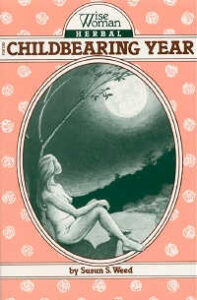
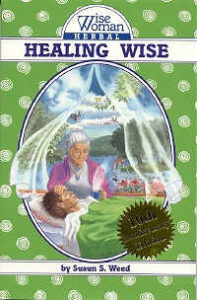
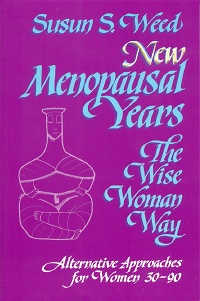
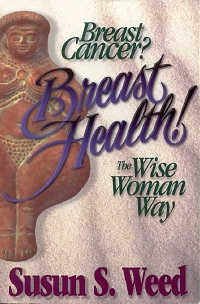
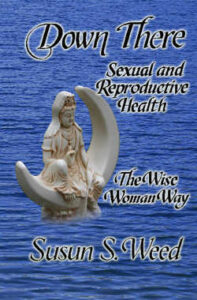
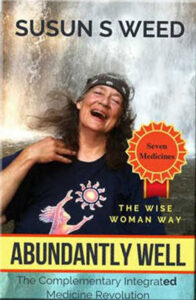



0 Comments